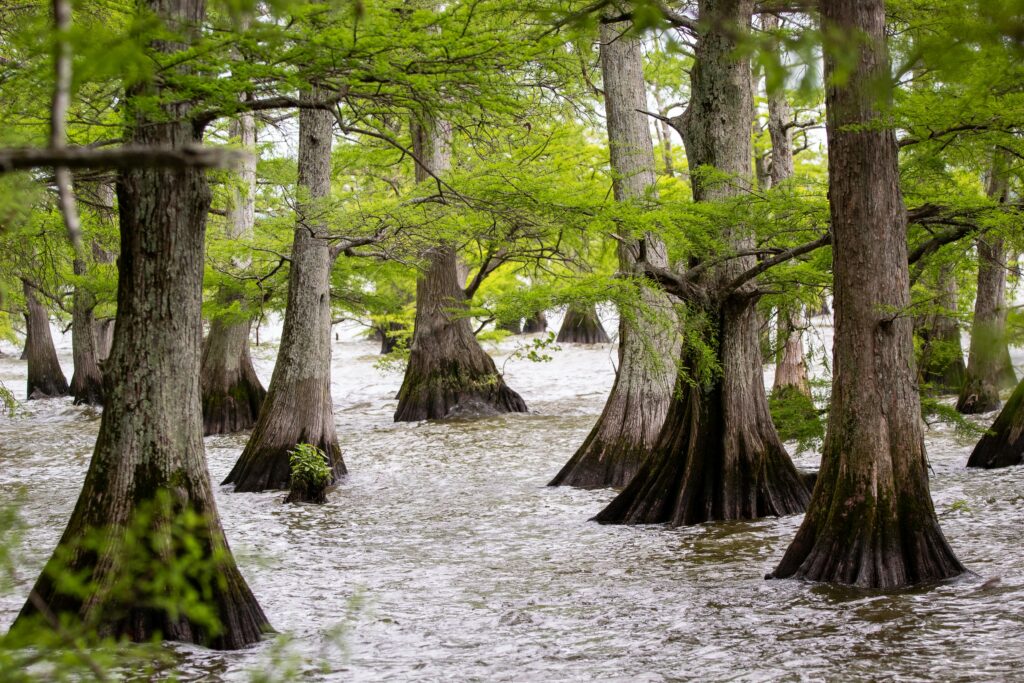
“What do you see as Tennessee’s greatest conservation needs or opportunities?”
This question was asked to a room of state officials, conservation advocates and business leaders during the second annual Tennessee Conservation Summit in Nashville on Wednesday.
For some people, protecting wetlands — semi-aquatic ecosystems like swamps, bogs and bottomland forests — should be the highest priority.
Earlier this year, the state legislature considered a developer-backed bill to remove regulations on more than half of Tennessee’s wetlands. Conservation groups and state agencies, including the Tennessee Emergency Management Agency and the Tennessee Department of Environment and Conservation, publicly spoke against the effort.
The bill was defeated.
Conservation advocates and state officials continue to be concerned with the protection of these fragile ecosystems, however, as another bill is expected next year.
When asked about the legislation, Gov. Bill Lee said he was committed to safeguarding natural resources and business.
“The Department of Environment and Conservation has an obligation and responsibility [to the] people of Tennessee to find out what is just the right balance between how we protect and preserve and how we create an environment that allows for growth and expansion in our state,” Lee said.
Sustainability and business are often painted as opposing forces, particularly by industries that profit from pollution, but environmental protection can contribute to economic growth.
In Tennessee, during a recent one-year period analyzed by WPLN, about 80% of all new capital investments and a third of job creations came from manufacturing clean tech like electric vehicles.
In the case of wetlands, a single acre has been estimated to represent about $50,000 in economic value, largely because wetlands can lessen the intensity of floods. The business interest in removing wetland regulations boils down to short-term financial benefits for developers — not the state’s economy.
Later, while speaking to a small crowd at the conservation summit, Lee said the state needs conservation wins in order to build momentum. Lee credited his interest in expanding state conservation efforts, in part, to talking with experts and hiking with naturalists in state parks.
He also mentioned that members of the General Assembly “need to be informed” about what constitutes good conservation policies.

